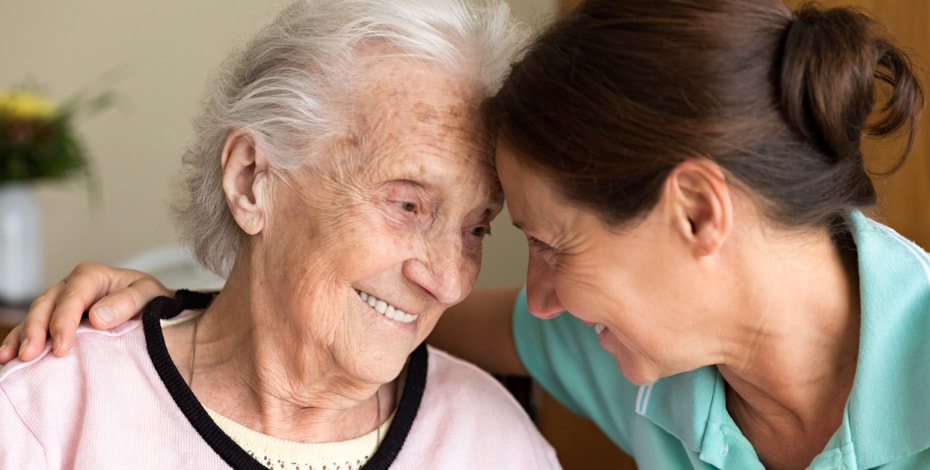
Putting our heads together on mental health

As physiotherapists, we are constantly balancing mind and body in our clinical decision making. This is nothing new, but the increasing demand for mental health services is something for us to think about. This is of particular importance as funders continue to influence our capacity to practise within our full scope.
You know the stats: almost half of Australians will experience a mental illness in their lifetime, and in any year, one in five Australians experience a mental illness. According to the Royal Australian College of General Practitioners, mental illness is the most common reason that Australians visit their GP. But over half of people with mental illness do not access any treatment. There are vast disparities between metropolitan, regional, rural and remote areas as to which uses Better Access Mental Health Care Plans.
Some community-managed organisations claim that people with severe mental illness die from respiratory and cardiovascular diseases up to 25 years earlier than the general population. More than 3000 Australians took their life in 2017. Aboriginal communities, in particular, have higher suicide rates and poorer mental health outcomes.
‘We should remind ourselves of the value of mental health services to improving the health of Australians.’
I am optimistic that Commonwealth and state governments are starting to recognise the benefits of investment in mental health and mental wealth. The 5th National Mental Health and Suicide Prevention Plan commits states and territories to improve physical health. A Royal Commission into mental health and the Productivity Commission inquiry into mental health are both underway. The minister for health, Greg Hunt, tells us that mental health is a top election priority. The National Disability Insurance Scheme includes people with lived experience of mental illness in its remit, but struggles with service gaps for people with psychosocial disabilities.
We should remind ourselves of the value of mental health services to improving the health of Australians. Mental health exemplifies integrated care, care closer to home and measuring outcomes. The best outcomes are achieved in the community, not in hospitals. Studies continue to show that linking mind and body, mental health and physical health produces better outcomes. Reports such as The Royal Australian and New Zealand College of Psychiatrists’ ‘Keeping the mind and body together: improving the physical health and life expectancy of people with serious mental illness’ are gaining momentum.
As ever, the question for us as physiotherapists is: how do we change the conversation to be leading health professionals in improving mental health outcomes for our population? Our thirst for good evidence, robust data and advancing the profession is well suited to driving better mental health outcomes. There is much opportunity for us— we treat the whole person, and our care is trauma informed and recovery oriented in mind and body. I welcome the newly forming state chapters of the APA’s Mental Health national group as a way of progressing our profession’s approach to mental health. We should be encouraging physiotherapists to undertake mental health first aid training.
The Board values your thoughts on how the APA and our profession can influence this space.
To contact Phil Calvert, email national.president@australian.physio.
© Copyright 2024 by Australian Physiotherapy Association. All rights reserved.





